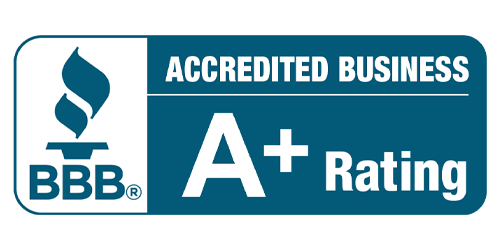Audits of technology public companies
Auditing technology public companies involves assessing their financial statements, internal controls, compliance with regulations, and overall risk management.
Given the fast-paced nature of the tech industry, audits often focus on areas such as:
Revenue Recognition,Intellectual Property (IP) and R&D Costs ,
Cybersecurity and IT Controls, Stock-Based Compensation, Regulatory Compliance,M&A and Valuations ,Tax Considerations
Going Concern and Market Risks
Cloud Computing and SaaS Risks
AI and Automation Impact


A
FAQs
Bookkeeping is the process of recording, organizing, and maintaining financial transactions for businesses and individuals. This includes tasks such as tracking income and expenses, preparing financial statements and reconciling accounts.
Bookkeeping is important for businesses because it provides an accurate and detailed record of their financial transactions. This information is essential for tax compliance, financial planning, and making informed business decisions.
Outsourcing bookkeeping can help businesses save time and money, reduce errors and improve accuracy, and access professional expertise and resources. This can free up business owners and managers to focus on their core operations.
To find a reliable bookkeeper, it’s important to look for someone with relevant experience and qualifications, such as a Certified Public Bookkeeper (CPB). You can also check their references and read reviews from previous clients to gauge their reputation and level of service.
